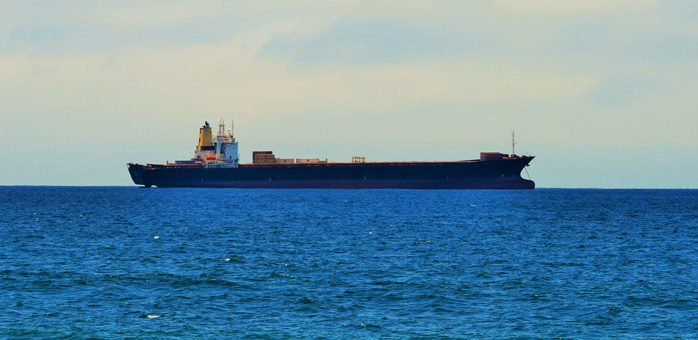IMO published the first guide of the ‘Ship Emissions Toolkit’, which provides a framework along with decision support tools for evaluating emissions reduction opportunities in maritime transport. It also offers guidance to countries seeking to develop national policy regarding the prevention of air pollution and the reduction of GHG emissions from ships.
The first guide of the ‘Ship Emissions Toolkit’ provides guidance for carrying out a quick assessment and generating both quantitative and qualitative information about a country’s maritime emissions status at the time of analysis.
- Conducting an assessment of port emissions
- Steps for ports to develop an emissions reduction plan
- Guidance to create an emissions reduction policy
- Incorporating MARPOL Annex VI into national law
-
Assessment
When conducting an assessment, the following questions must be asked:
- Which maritime sectors currently play the most important role for the country?
- Which sectors could play a more important role and contribute more to the country’s economy in the future?
- How is the country’s maritime industry expected to develop by 2050 and what impact will those developments have on the country?
- Who are the most important stakeholders, why are they important and how could they contribute to the reduction of maritime emissions?
- Which fleet components are the most relevant for the country and why?
- What are the emissions of the most relevant fleet components and how are they going to develop?
Legislation and policies
Reducing emissions from ships is a complex problem. The introduction of relevant legal changes requires a good understanding of the socio-political and institutional landscape. The following polices must be taken into account:
-
- UNCLOS: It defines the rights and responsibilities of nations with respect to their use of the world’s oceans;
- MARPOL Annex VI Regulations on Ship Air Pollution and Energy Efficiency: This is the main international policy regarding the control of maritime emissions and improvement of ship energy efficiency;
- UNFCCC: UNFCCC was adopted as a framework for international cooperation to combat climate change by limiting average global temperature increases;
- LRTAP Convention: The LRTAP Convention was the first international legally binding instrument to deal with problems of air pollution;
- 1985 Vienna Convention for the Protection of the Ozone Layer & 1987 Montreal Protocol: The Vienna Convention for the Protection of the Ozone Layer is a framework convention for efforts to protect the globe’s ozone layer.
Shipping in the national economy
The impact of the sector on a national economy can be broadly categorised as follows:
- Direct employment contribution;
- Supply chain support;
- Classification society activities and fees;
- Direct contribution to the national GDP;
- Direct tax contributions;
- Specific maritime taxation and fees.
Maritime stakeholders
Key maritime stakeholders include including maritime operations, the demand and supply side of the sector and regulatory and finance organisations.
[smlsubform prepend=”GET THE SAFETY4SEA IN YOUR INBOX!” showname=false emailtxt=”” emailholder=”Enter your email address” showsubmit=true submittxt=”Submit” jsthanks=false thankyou=”Thank you for subscribing to our mailing list”]
In the beginning of the development of a national ship emissions reduction strategy, the focus will be on cooperating with operational stakeholders, as well as those from the supply and demand side.
Moreover, IMO recommends that relevant stakeholders should be identified, with information on why they are important and how they could contribute to the rapid assessment.
Traffic patterns and major routes
According to the report, countries should understand the nature of vessel movement of the different fleet components that might be relevant to their country. Developments in Automated Information System (AIS) and satellite-based AIS can provide an accurate tracking of vessels.
By accessing this data, countries will be able to monitor ships and establish an accurate picture of vessel movements and patterns.
Fuel consumption and emissions
Finally, data regarding ships’ fuel consumption and emissions should be calculated, depending on the availability and quality of the data. IMO recommends this to be done for each of the five different fleet components, as this will help identify which of the components are most relevant to the country. The five fleet components are:
- Registered fleet;
- Domestic fleet;
- Fleet servicing the country’s international transport demand;
- Fleet passing through the country’s territorial waters;
- Fleet owned by national shipowners.
You may further information in the PDF herebelow































































